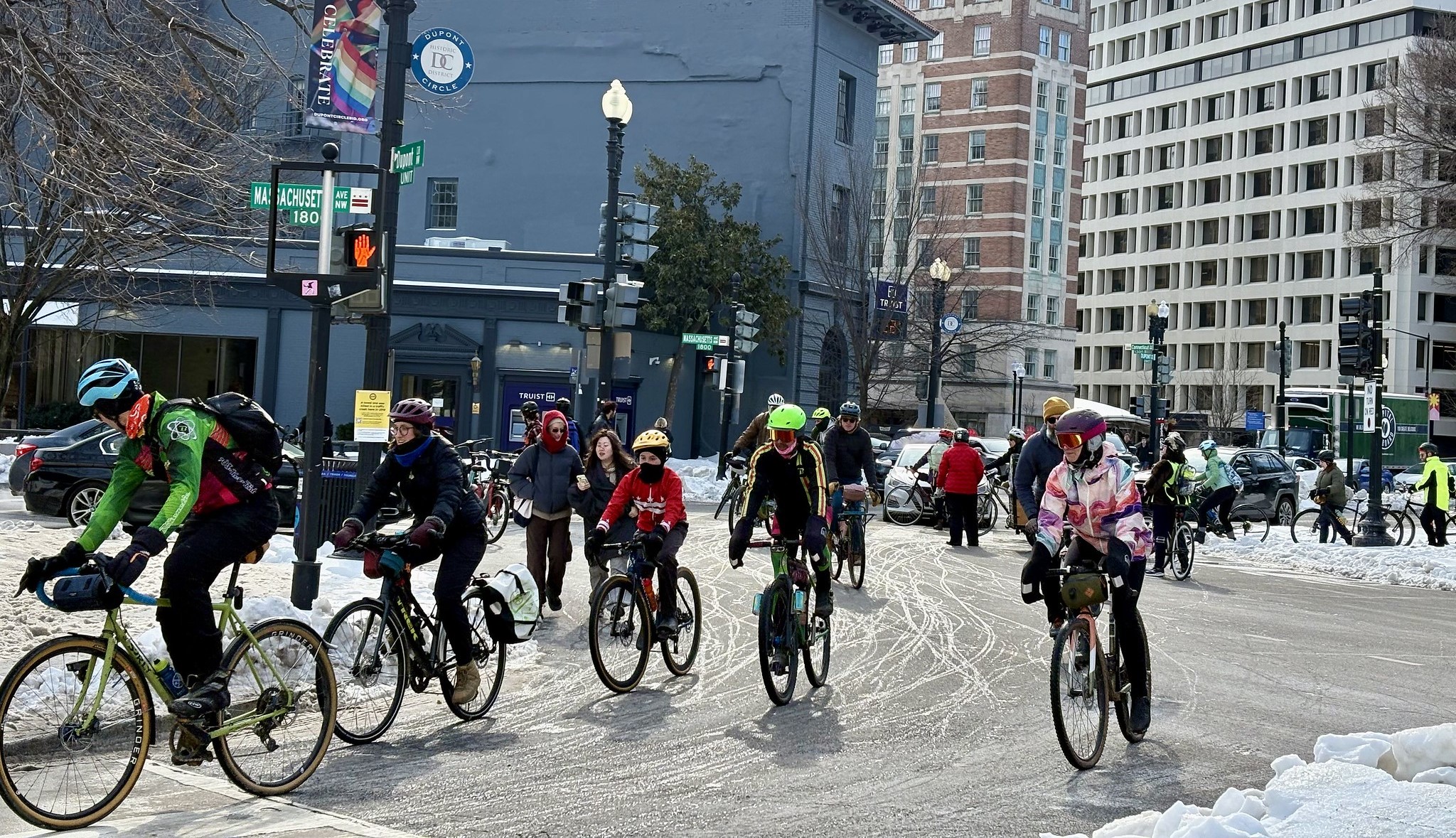
Bus service in Houston is about to get a lot more useful -- without costing any more to operate.
The city's new bus network, which transit consultant Jarrett Walker of Network blog Human Transit helped design, will bring frequent service to much more of the city. The plan was unveiled last year and has been getting a fresh round of coverage after Houston transit officials approved it earlier this month.
Walker says that a system overhaul forces communities to make hard decisions between ridership and coverage. Low ridership routes (or "coverage" routes) provide an important lifeline to some people, but they also divert resources from routes where more people would ride the bus. To create a more effective bus network without spending more money, the Houston plan cut low-ridership service by about 50 percent, at the city's behest.
In a new post, Walker writes that the process of overhauling the system is much more difficult than the headlines let on:
Much of the press about the project is picking up the idea, from my previous post on the subject, that we redesigned Houston's network to create vastly more mobility without increasing operating cost -- "without spending a dime," as Matt Yglesias's Vox piece today says. An unfortunate subtext of this headline could be: "Sheesh, if it's that easy, why didn't they do it years ago, and why isn't everyone doing it?"
Some cities, like Portland and Vancouver, "did it" long ago. But for those cities that haven't, the other answer is this:
Money isn't the only currency. Pain is another.
These no-new-resources restructurings always involve cutting some low-ridership services to add higher-ridership ones, and these can be incredibly painful decisions for boards, civic leaders, and transit managements. Civic officials can come out looking better at the ends of these processes, because the result is a transit system that spends resources efficiently in a way that reflects the community's values. But during the process they have every reason to be horrified at the hostility and negative media they face.
If you're on a transit board, here's what these transformations mean: Beautiful, sympathetic, earnest people -- and large crowds of their friends and associates -- are going to stand before you in public meetings and tell you that you are destroying their lives. Some of them will be exaggerating, but some of them will be right. So do you retain low-ridership services in response to their stories, and if so, where does that stop? I'm glad I only have to ask these questions in my work, not answer them.
Elsewhere on the Network today: Strong Towns explains how bad road design has weakened one Minnesota town. And City Notes looks at real world examples of how the housing supply affects rents.





